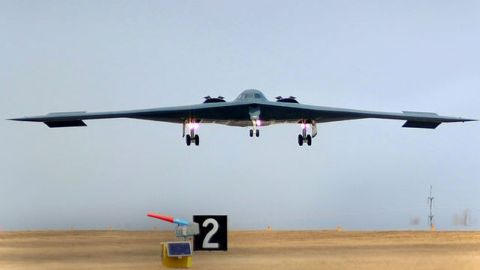Summer Reading on National Security

For me, summer is a time to catch up on my reading. As I head out for a few weeks of vacation, I thought I would leave you with a few suggestions for things I thought were worth reading that you may have missed. Today, I want to share a few of the articles on contemporary wars that I found most interesting this year.
The U.S., of course, is finishing its tenth year of war in Afghanistan—now the longest war in American history. The U.S. is also still fighting in Iraq and in May intervened in Libya as part of a NATO operation. Obama has argued—against the advice of his own Office of Legal Counsel—that the use of of U.S. forces in Libya against Qaddafi doesn’t count as involvement in hostilities and therefore doesn’t require congressional authorization under the War Powers Act. So one of of the most pressing questions for the U.S. is it what it’s doing in the Middle East, and why it’s doing what it’s doing.
In “Is American Addicted to War?” Stephen M. Walt (Foreign Policy, April 4) argues that the U.S. keeps fighting what he considers “foolish” wars of choice largely because it can. It’s not that our national security interests demand we use our military abroad. Instead we feel free to go on military adventures because with with a defense budget that accounts for almost 43% of the world’s total military spending there are no serious threats to our conventional supremacy. And with an all-volunteer army—so there’s no need for a draft—and a Congress that has effectively abdicated its war-making authority, there’s very little serious political opposition to whatever military operations the president might choose to pursue.
It’s really quite ironic: Because the American homeland is safe from serious external dangers (which is a good thing), Americans have the luxury of going abroad “in search of monsters to destroy” (which is not). If Americans were really worried about having to defend our own soil against a powerful adversary, we wouldn’t be wasting time and money on feel-good projects like the Libyan crusade. But our exceptionally favorable geopolitical position allows us to do these things, even when they don’t make a lot of strategic sense.
In “You Can’t Go Home Again” (The Wall Street Journal, March 18), former Reagan speechwriter Peggy Noonan writes that the U.S. needs to be careful what wars it starts, because “It’s easy to start a war, but hard to end one.” The minute that we set foot in another country we become both conscious of and responsible for the very real costs of leaving.
In Afghanistan, America cannot leave because it is the 9/11 place, the place that helped 9/11 to happen. America cannot leave because, as the iconic Time cover had it, the Taliban will cut off women’s noses and brutalize them in other ways. America cannot leave because al Qaeda will return, fill the vacuum left by our departure, and create a new terror state. America cannot leave because of turbulent, dangerous Pakistan. America cannot leave because from the day we arrived, we invested blood and treasure, and it cannot have been in vain. America can never leave because American troops always bring their kindness and constructiveness with them, and their rule of law. Innocent people will be defenseless without them.
Finally, in “Bloodlust” (The Chronicle of Higher Education, March 27)—an essay adapted from his recent book of the same name—UCLA history professor Russell Jacoby challenges Samuel Huntington’s well known idea that the greatest conflicts are like to result from “aclash of civilizations.” Jacoby argues that most wars are actually civil wars, and that the most savage conflicts are not between strangers but between neighbors, who have as much in common with one another as separates them from each other.
From assault to genocide, from assassination to massacre, violence usually emerges from inside the fold rather than outside it. A Hindu nationalist assassinated Mohandas Gandhi, the “father” of India (as Nehru called him). An Egyptian Muslim assassinated Anwar Sadat, the president of Egypt and a recipient of the Nobel Peace Prize. An Israeli Jew assassinated Yitzhak Rabin, the Israeli prime minister and also a recipient of the peace prize.
Photo credit: U.S. Air Force/Kenny Holston





